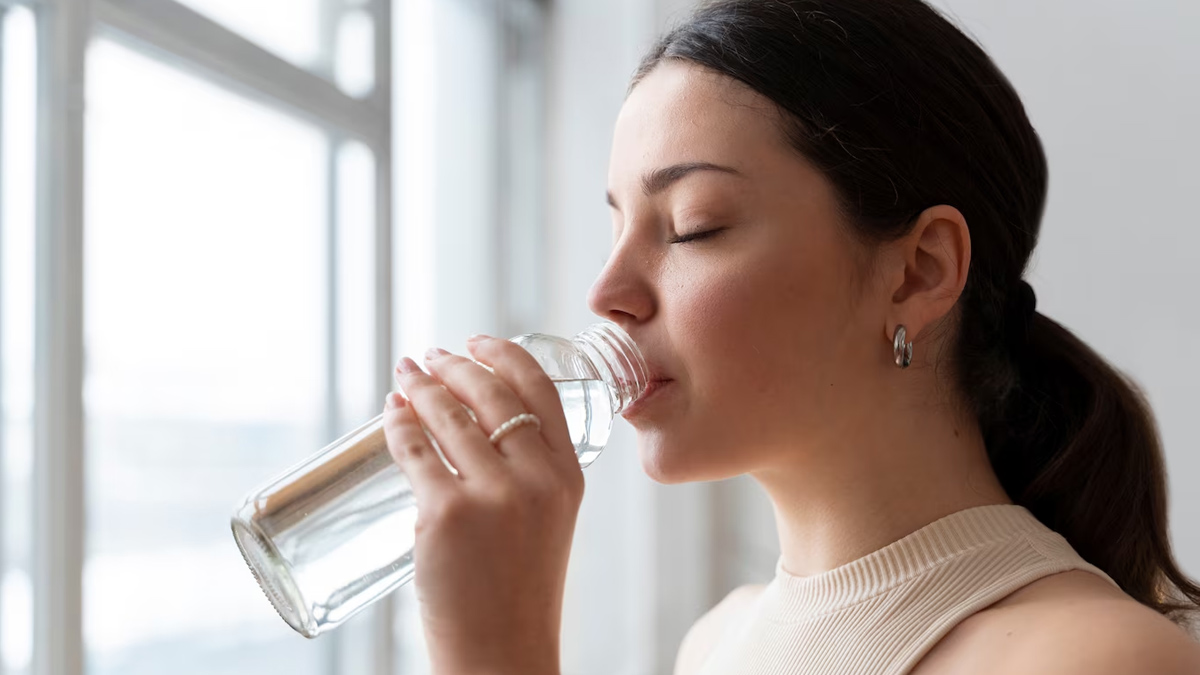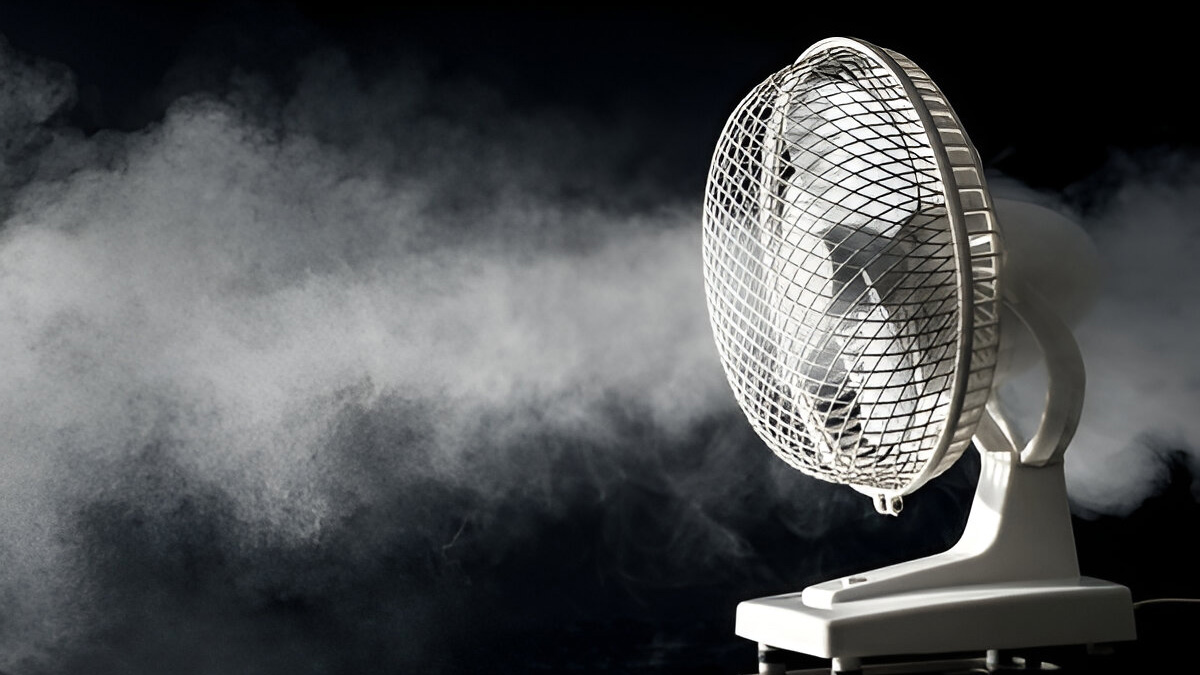
As a massive heat dome settles over the US, more than 200 million Americans are now under heat alerts, enduring sweltering conditions that will push temperatures well past 100 °F (38 °C) in many regions, from the Plains and Midwest to the Mid-Atlantic and Northeast. Nighttime brings little relief, with temperatures lingering in the 70s, ensuring dangerous heat accumulates 24/7. This is the first significant heat wave of the summer, and meteorologists warn that it has the potential to break records in urban centres, such as Denver, Chicago, New York, and Washington, DC.
Table of Content:-
This isn’t just an inconvenience, it’s a serious public health risk. Excessive heat warnings have been issued by the National Weather Service in several states, encouraging everyone to take heat advisories seriously.
10 Essential Tips to Stay Safe In Extreme Summer Heat
1. Stay Hydrated

Extreme heat makes your body lose water more quickly with sweat. Drink lots of liquids during the day, preferably water, not alcoholic beverages or sweetened drinks, which can further dehydrate you. Encourage drinking by having a refillable water bottle and taking frequent sips.
2. Use Air Conditioning or Find a Cooling Center
Air conditioning (AC) is your strongest shield against heat illness. AC prevalence reduces excessive deaths during heat waves in nations, such as the US, Canada, and Spain, as per a 2020 study. If you don’t have AC at home, spend time in public places like libraries, malls, or city-designated cooling centres. Even a few hours in a cool environment can help regulate your body temperature.
Also Read: Pregnant During A Heatwave? Here’s What Science And Experts Want You To Know
3. Avoid the Sun During Peak Hours
Avoid going outside between 11 am and 4 pm, when the sun is most intense. If you must go out, stick to the shade, wear a wide-brimmed hat, and apply sunscreen with SPF 30 or higher. As a result of sunburn, your body is unable to cool down, making you more dehydrated.
4. Dress for the Weather
According to Johns Hopkins Medicine, opt for lightweight, loose‑fitting, light‑coloured, breathable fabrics. Cotton or moisture‑wicking materials help your body cool efficiently. Avoid dark colours, which absorb more heat. Cotton and moisture-wicking fabrics are great choices.
5. Use Fans Wisely

Fans can help circulate air but may not prevent heat illness when the temperature is extremely high. If it’s over 95°F indoors and you don’t have AC, take cool showers, use damp cloths on your skin, or sit in front of a misting fan.
6. Watch for Signs of Heat Illness
Know the symptoms of heat exhaustion and heat stroke.
- Heat exhaustion: Excessive sweating, weakness, dizziness, nausea, and clammy skin.
- Heat stroke: Confusion, elevated body temperature (103°F+), hot and dry skin, and loss of consciousness.
- Call for immediate medical attention if you or someone else experience these symptoms.
Also Read: Summer Lifestyles And Male Fertility: Alcohol, Smoking, And Hot Baths – A Dangerous Trio?
7. Check on Vulnerable People and Pets
Visit elderly neighbours, physically challenged individuals, and those without AC. Pets also suffer in extreme heat, so make sure they have water, and shade, and are not left in parked cars under any circumstance.
8. Eat Light and Avoid Hot Meals
Did you know heavy meals and cooking with stoves or ovens can raise your body temperature? Therefore, opt for light, cold meals like salads, fruits, and smoothies. Try to cook early in the morning or switch to no-cook options during heat waves.
9. Keep Your Home Cool
Close curtains or blinds during the day to block the heat. Utilise reflective window panels if they are available. Open windows at night if safe, allowing entry into the cooler air, and close them in the morning to insulate them indoors.
10. Stay Informed with Weather Updates
Monitor heat advisories and warnings issued by the National Weather Service or your local weather station. Register for text messages from your city or county to be informed about cooling centres and emergency supplies.
Also watch this video
How we keep this article up to date:
We work with experts and keep a close eye on the latest in health and wellness. Whenever there is a new research or helpful information, we update our articles with accurate and useful advice.
Current Version